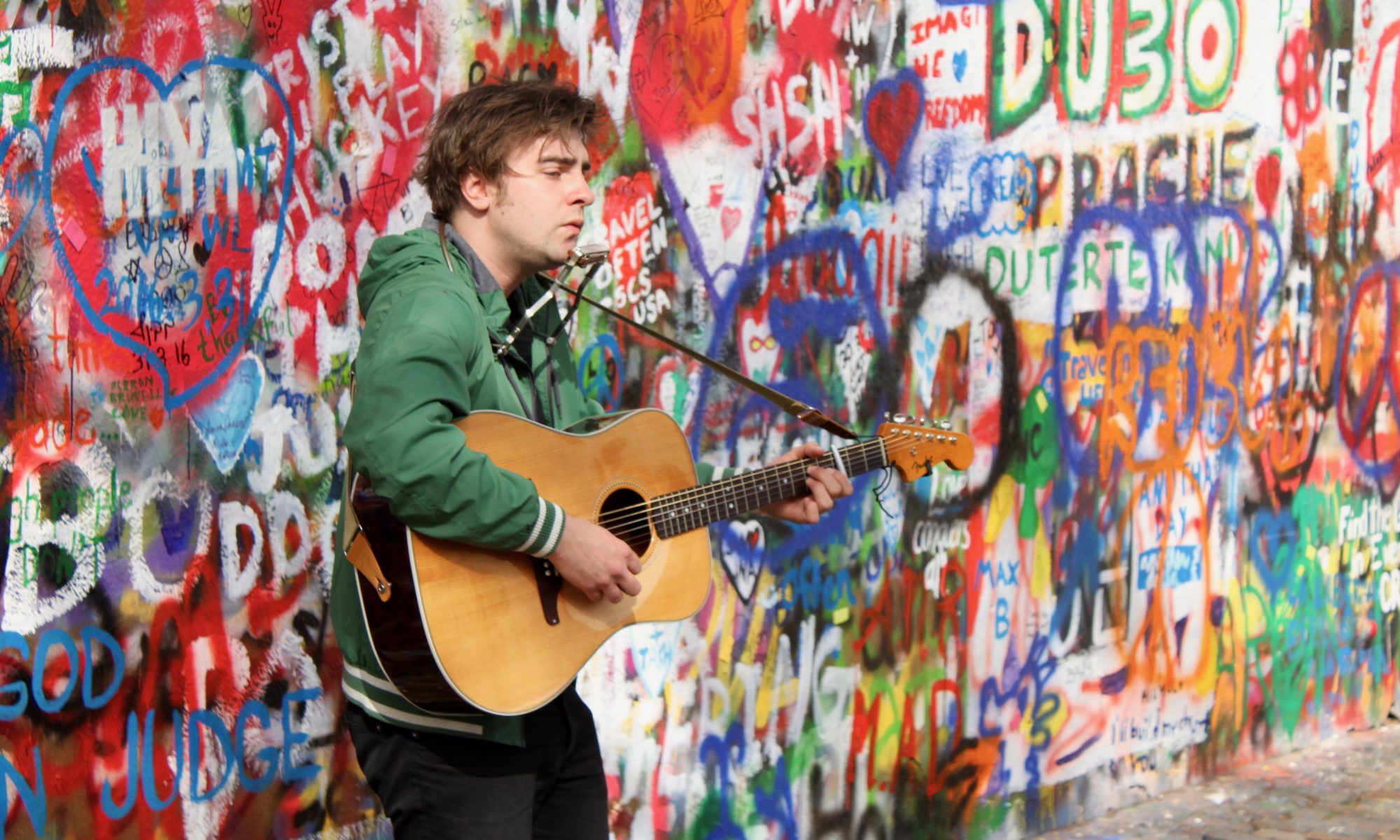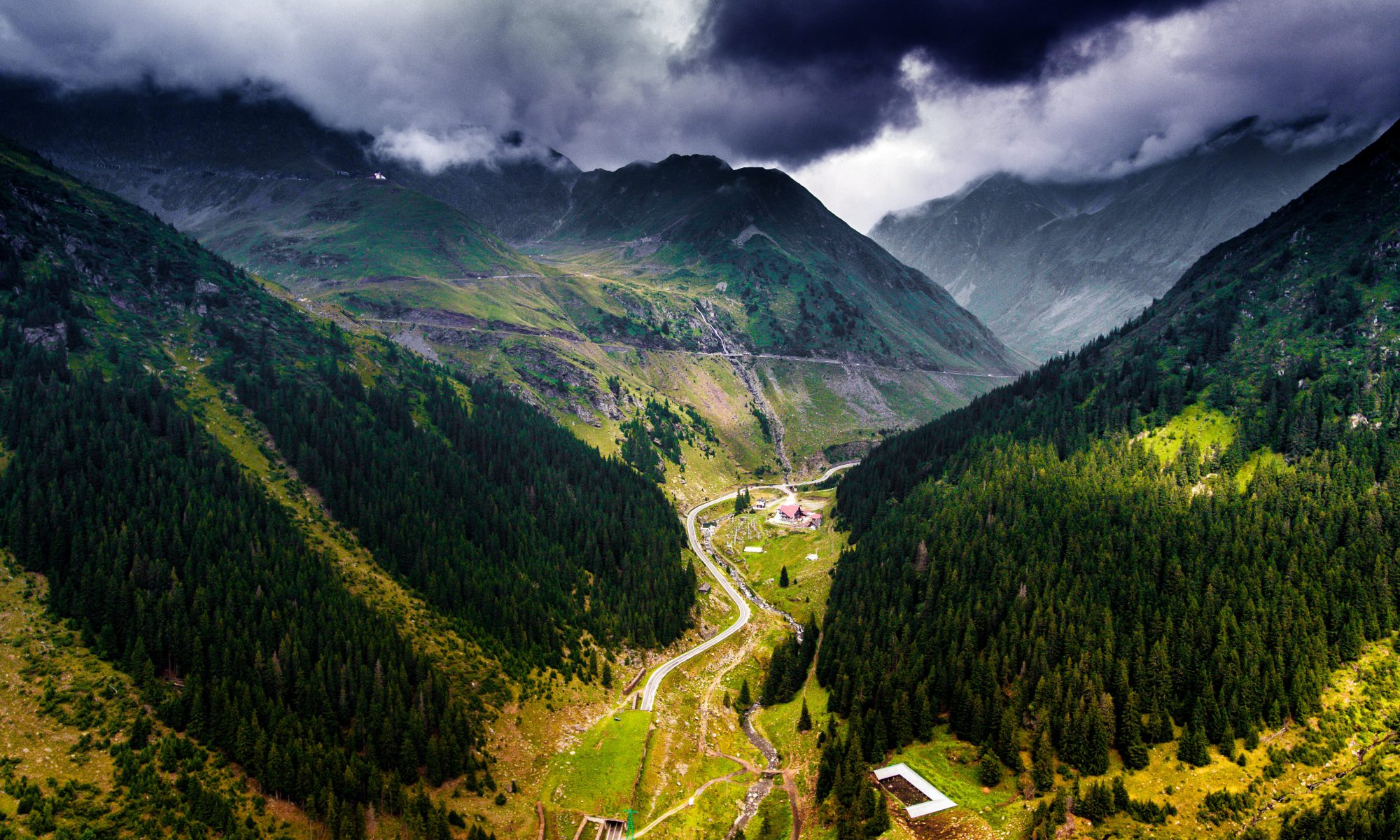What do you think of when you hear the term missionary? Do you imagine a labourer building a house in a third world country? Or maybe someone boldly praying for the sick to be healed? Does a missionary only serve within an already established church? Or perhaps only in planting new ones?
I wonder if you’d pictured a missionary painting a stunning sunset or sketching an olive tree, inspiring onlookers to ask deeper questions of the artist. Or could you have possibly imagined a musician standing in a piazza holding an acoustic guitar and singing worship songs to God, drawing interest from curious spectators?
I’d like to share with you some of the creative ways missionaries are serving through Europe and beyond. You see, the truth is that there are many unique ways a servant of God can reach others that do not necessarily fit into a box or stereotype. There’s no lack in the ways one can serve. So, let’s dive in and reveal some of the ways the original creator, God, is moving across Europe.
Maya and Patrick are missionaries with GEM serving in London, England. They’ve chosen to serve in ministry creatively. “Patrick does lettering and illustration. We also teach and coach creatives,” Maya shares. She goes on to describe how God has moved wonderfully through their ministry. “Someone shared with us that they had chosen to walk away from their faith and had packed up all their paint, etc. After God used us to share our story, they had taken out all their art supplies, started creating again and felt re-connected with God!”
Jessica, a missionary in Rome, Italy has also seen God move through her unique paintings. “A lot of my creating is out of a place of worship, and I think something that’s fun about being an artist [that has a relationship with the Father] is that people notice it in your art. It’s an instant connection, like “wow! There’s something different about your art.” Jessica has also seen artwork make an impact in those receiving it. “Recently someone who was in a difficult season received a piece of my artwork, and the art piece was life changing for them. They identified with it and found that it symbolized the season they were in.”
Another GEM worker, Pamela, who serves in Camps of the Peaks in France, wears many creative hats. She showcases her creativity through playing several musical instruments and through teaching leather crafting at the camp. “There’s just something about the way people connect over art; it breaks down a lot of barriers.”
Barriers are broken, hearts are opened, and interests are piqued – these are just a few of the reasons some choose to serve artistically. Art tells a story and can reach people in ways that other efforts can’t. Can you imagine the potential of reaching those around you with simply doing what you love, and then having an honest conversation with a curious stranger? Amazing!
Greater Europe Mission has seen this potential, and has created an outlet for artists to encourage others, instill hope, share stories, and inspire one another. This group covers a multitude of mediums, including painting, dancing, singing, woodworking, writing, photography, and needlework, and the list goes on! And although this group of over 50 members are part of Greater Europe Mission, many work alongside others serving in different mission organizations, churches, schools, businesses, and even with unbelievers. There is no telling how big of an impact this creative ministry is having throughout Europe!
Not every lost soul of the world will respond to the gospel being preached in the same way, and if we’re willing to say ‘yes’, there’s no limit to how God will use us. Do you have a gift that you haven’t yet realized God could use? Let’s rejoice in the gifts that God has given us, and say YES to using them for his glory!
About the author:
Leanne Monge Barrera is a storyteller with Greater Europe Mission and serves out of Winnipeg, Canada.





